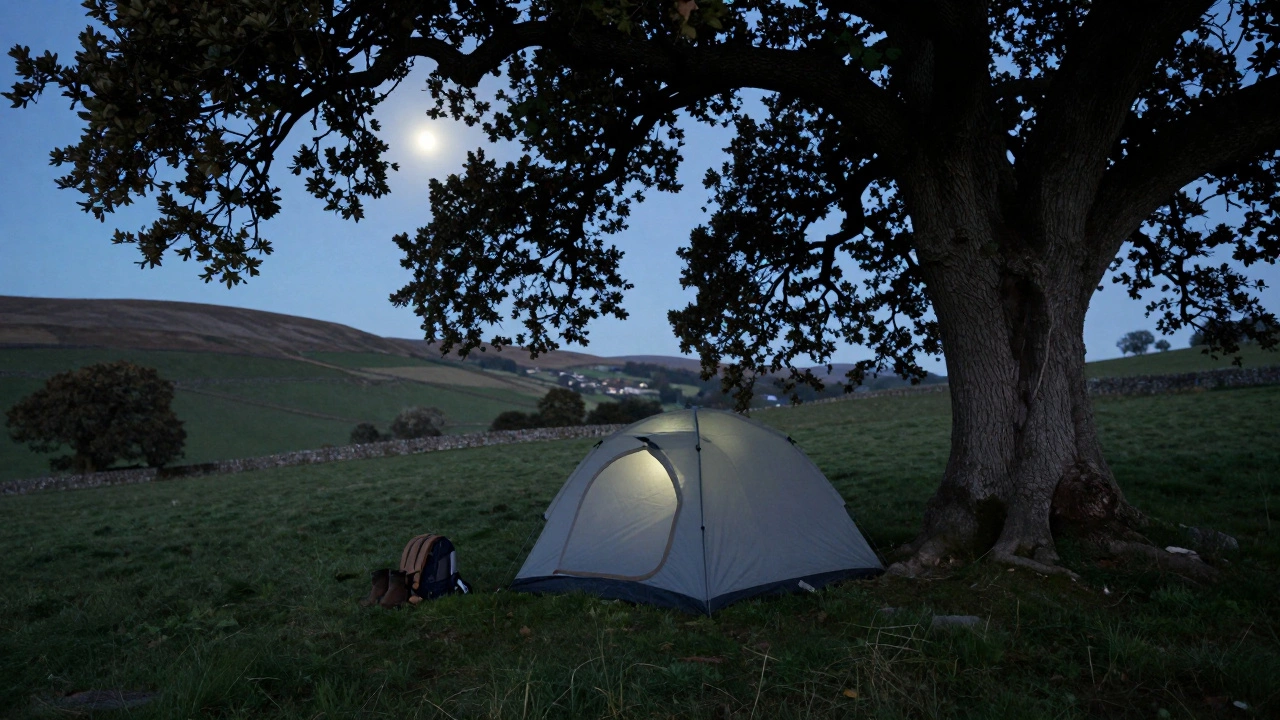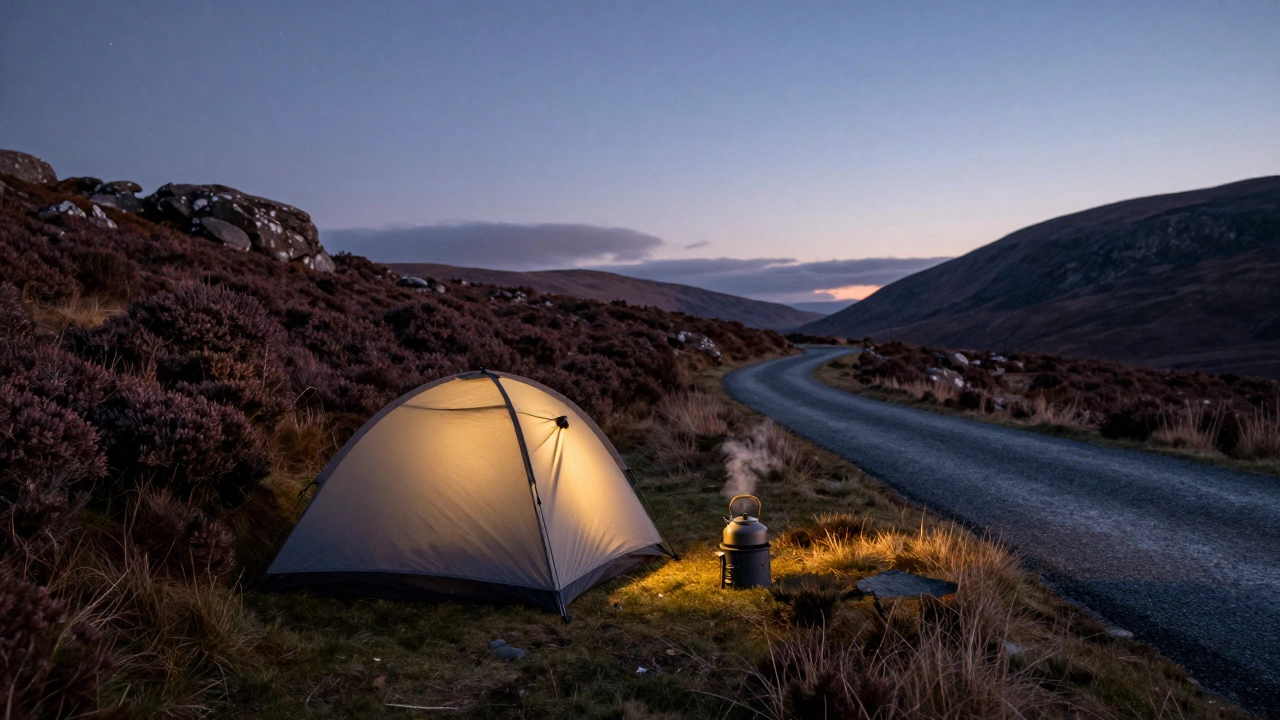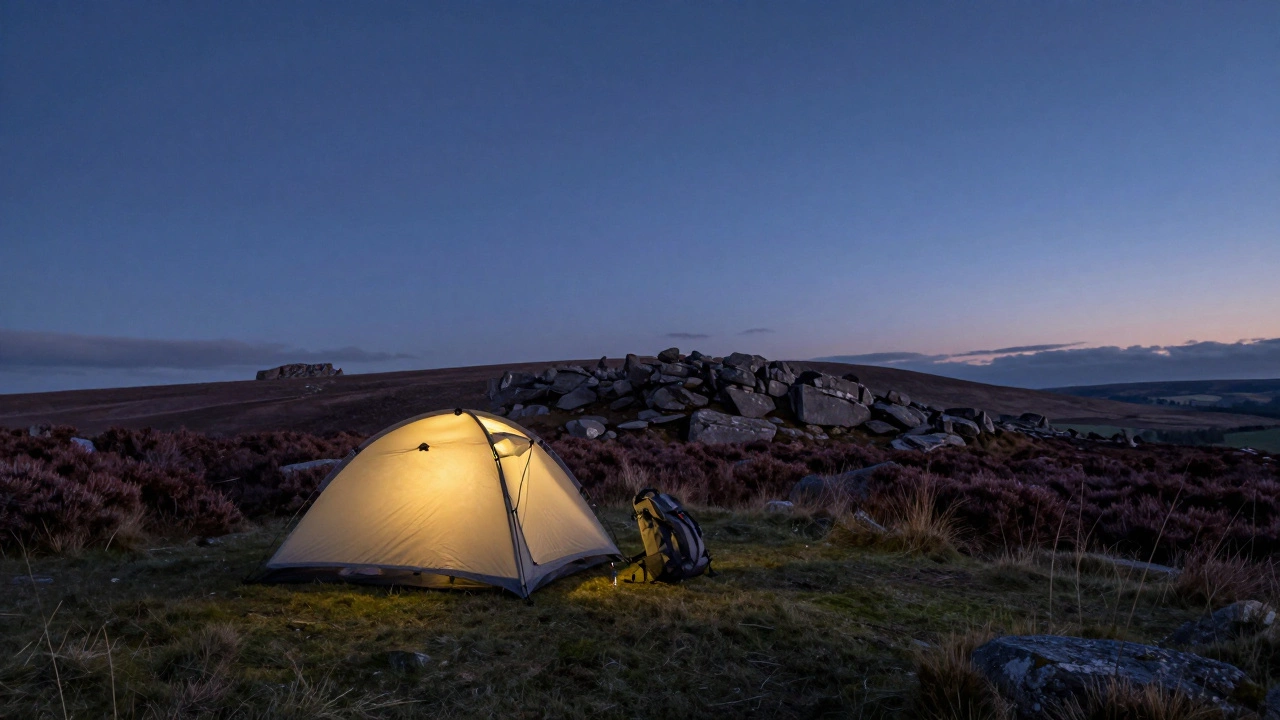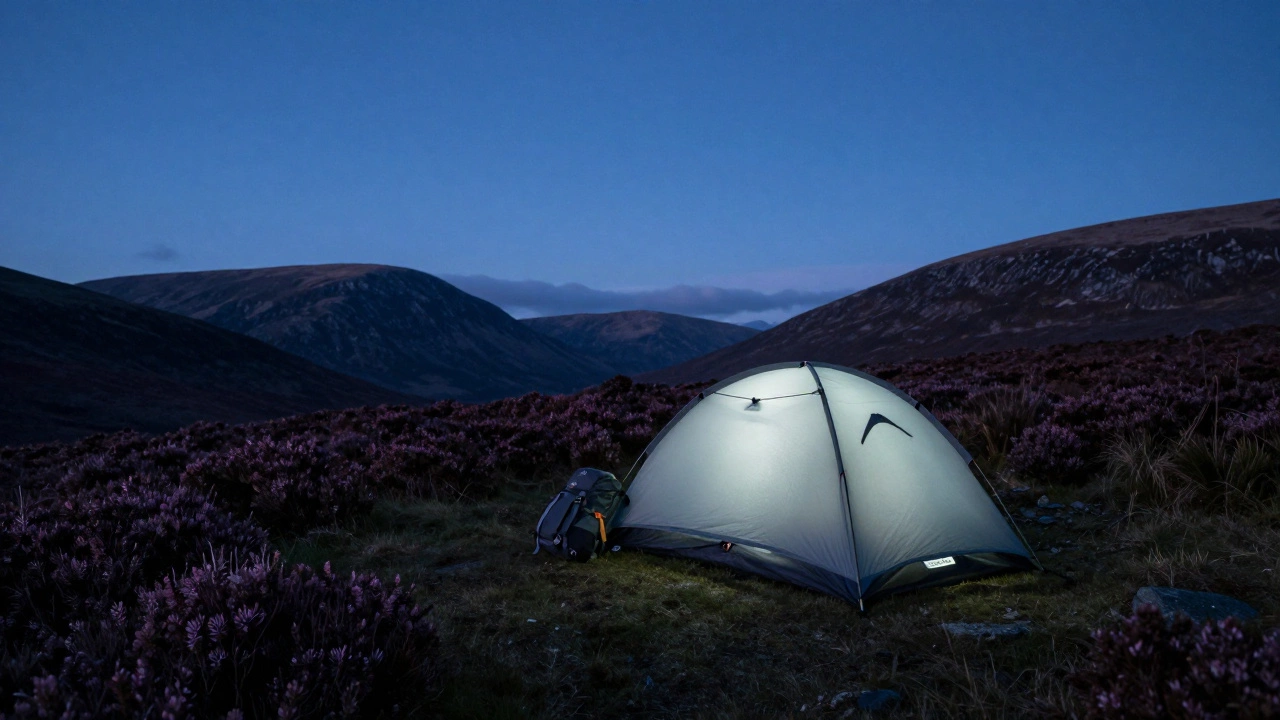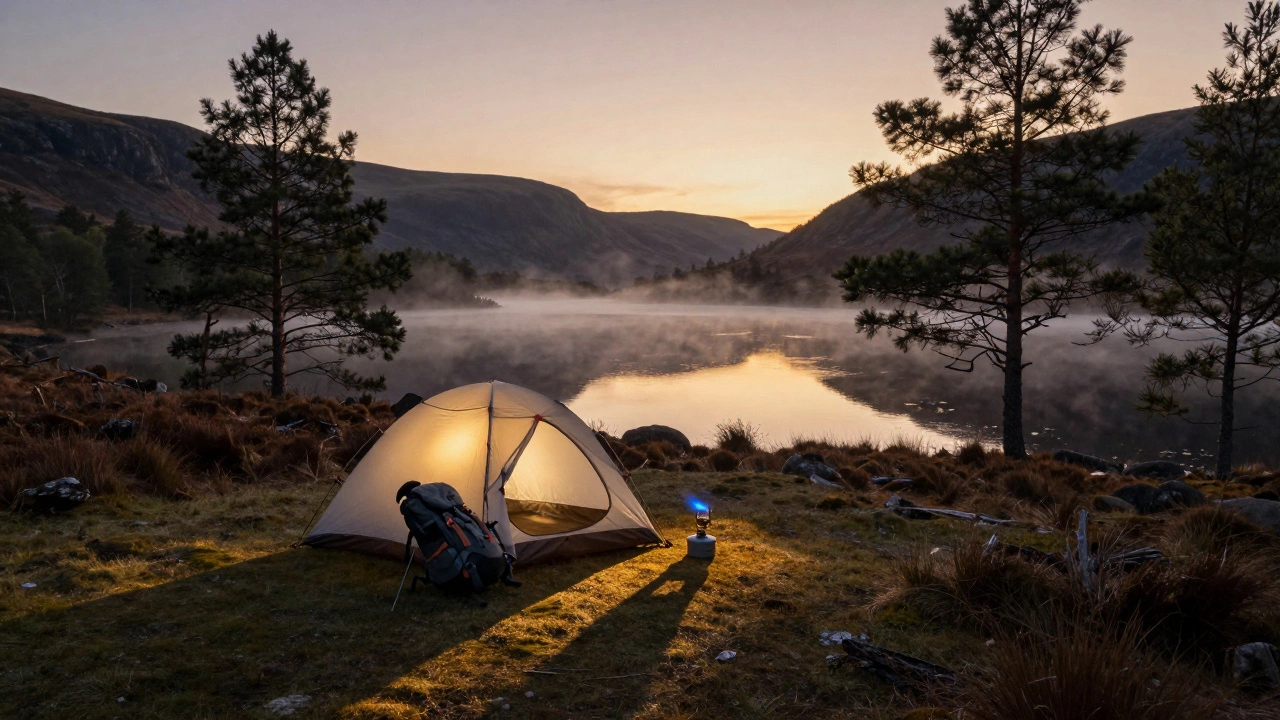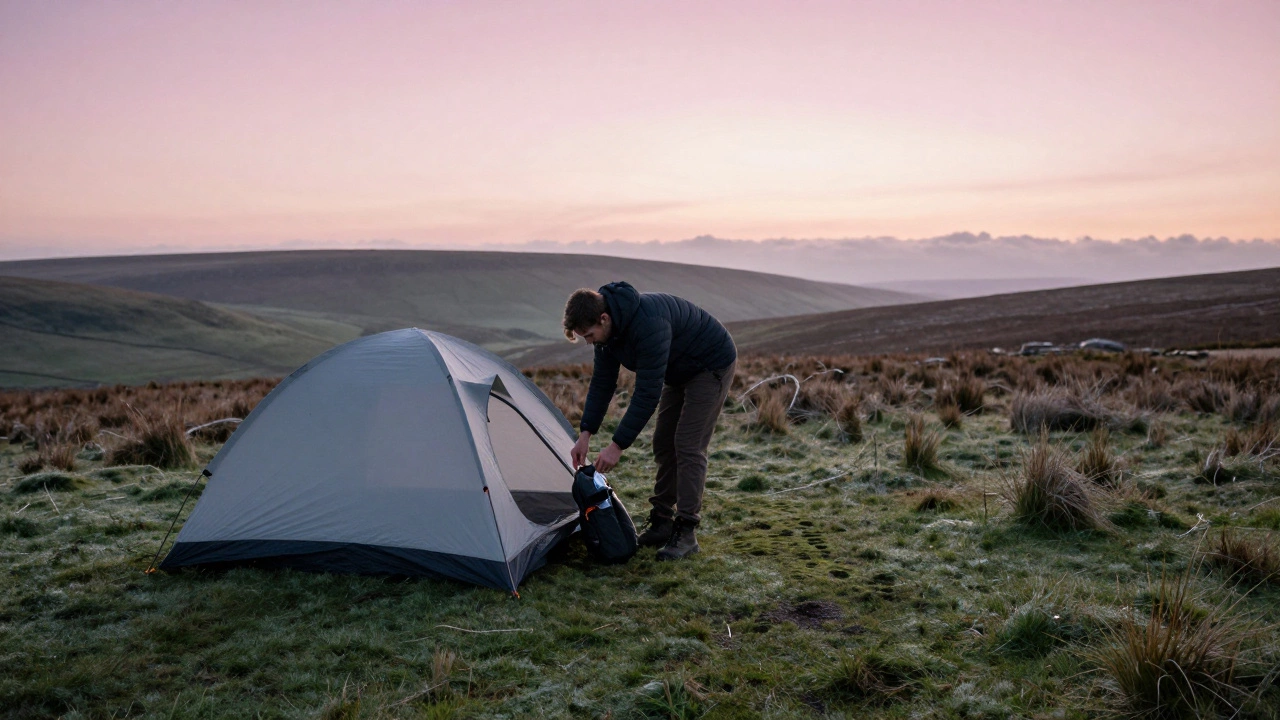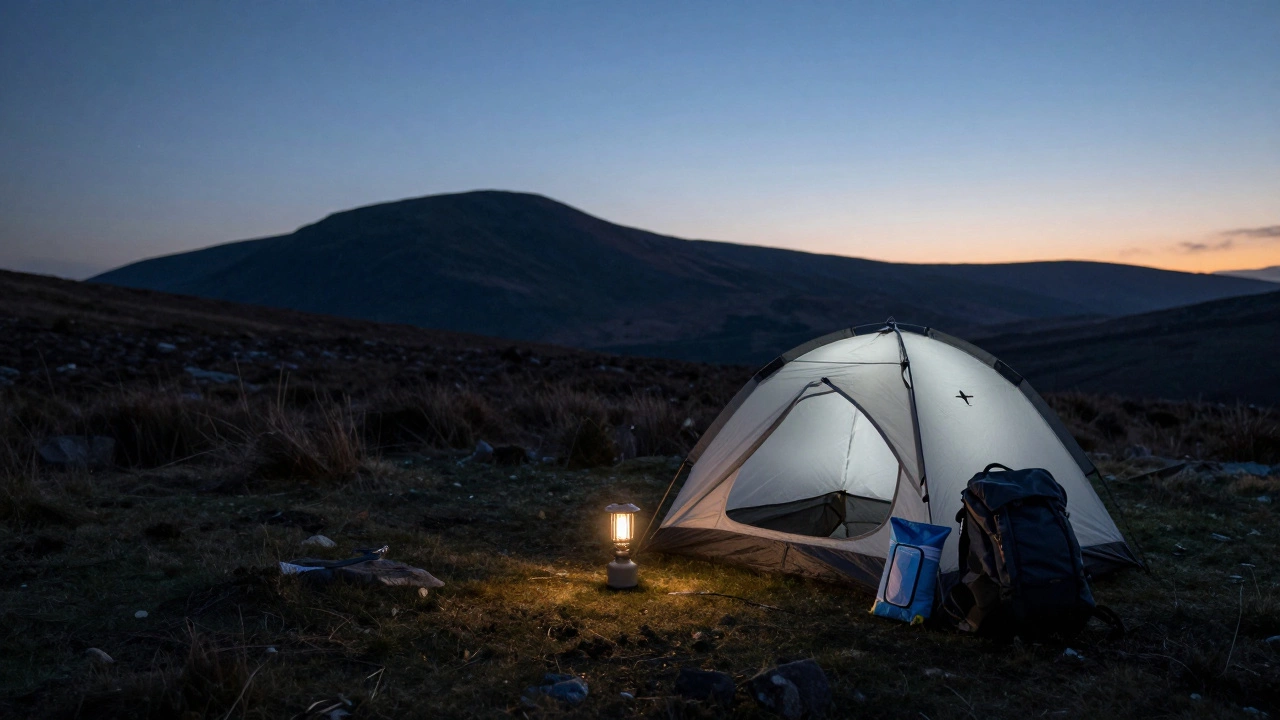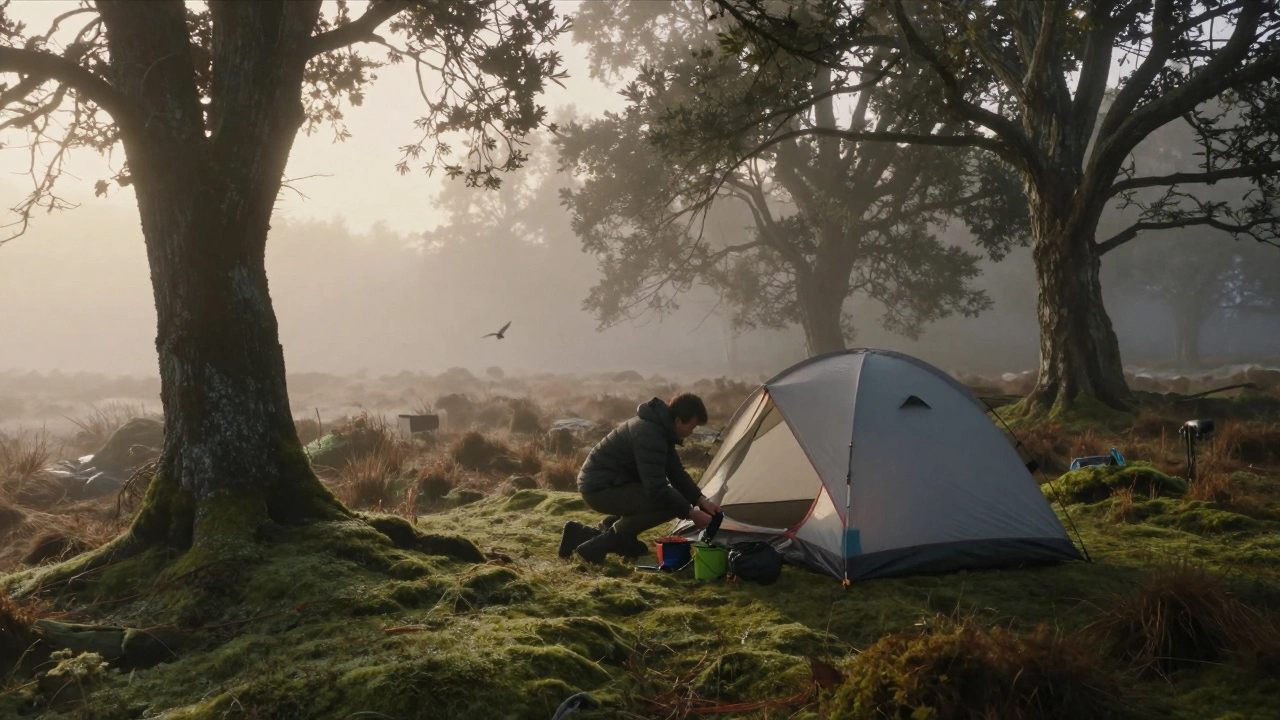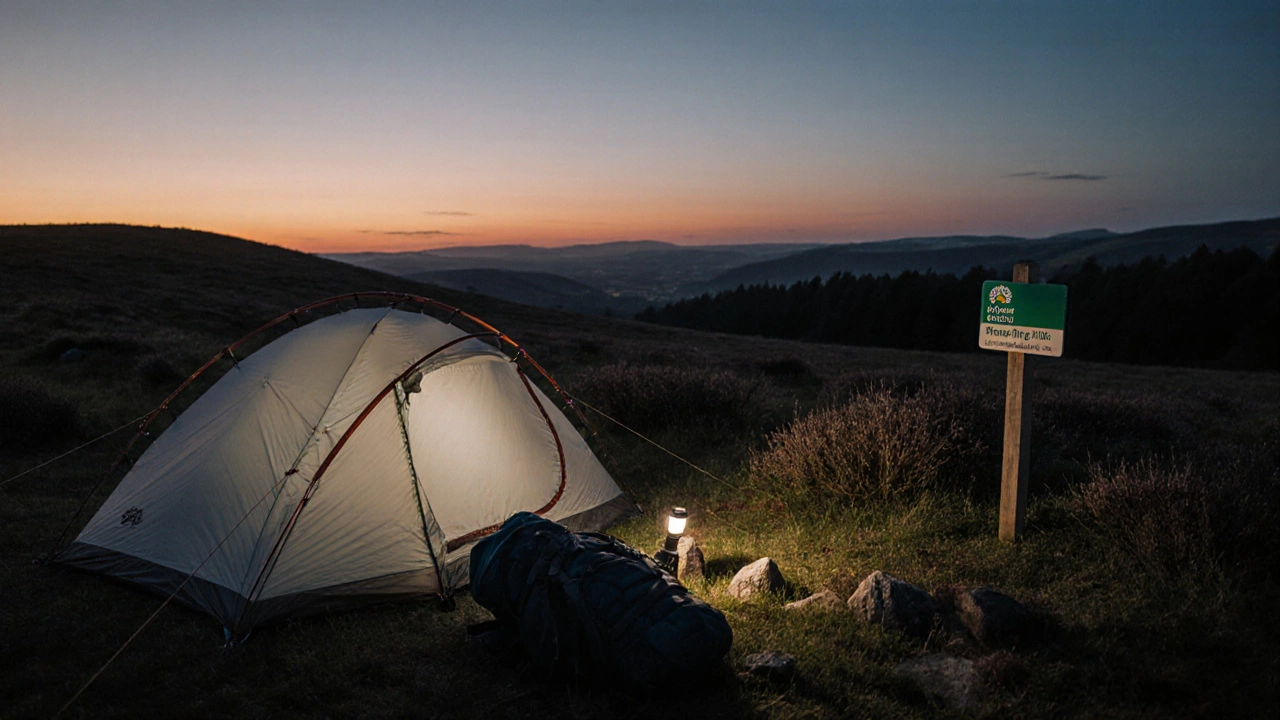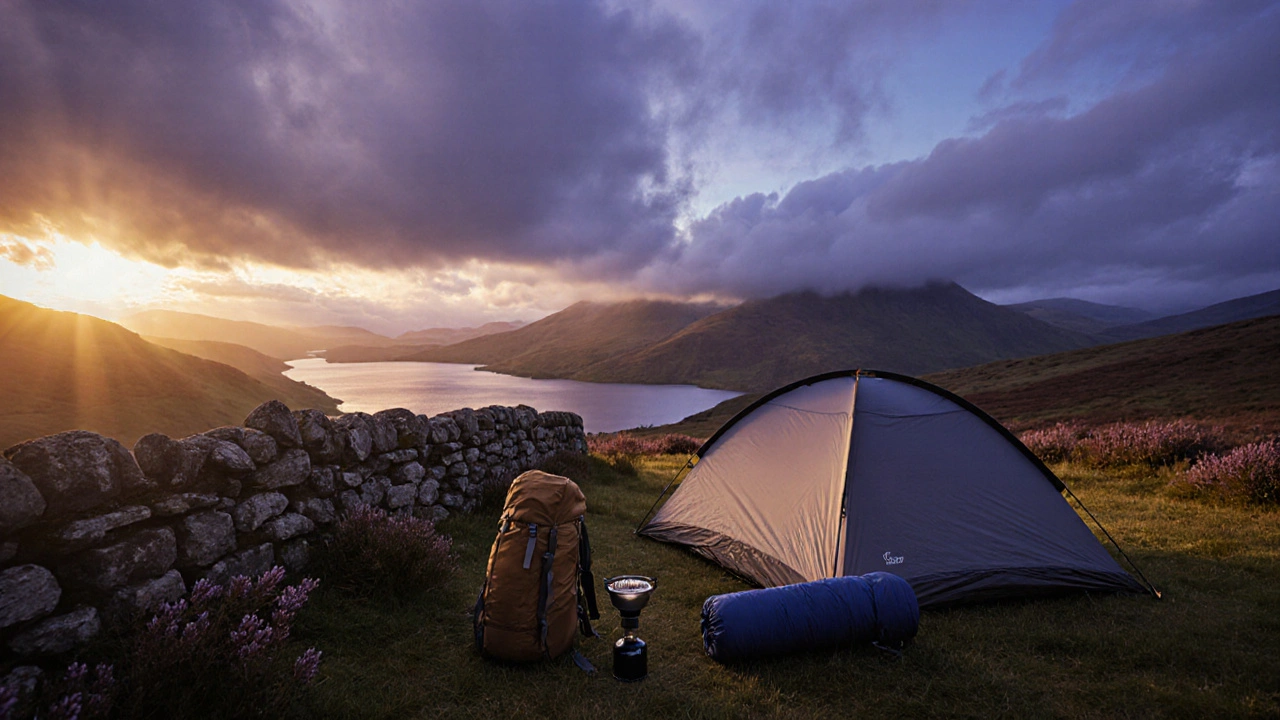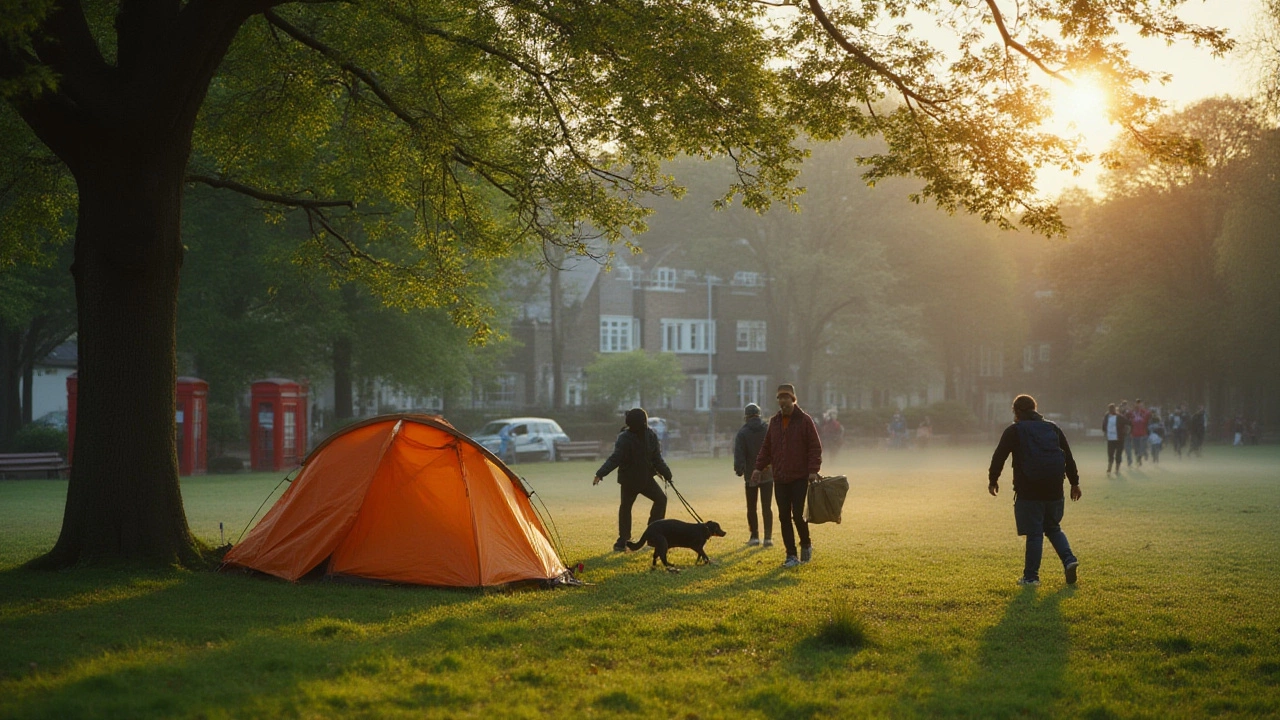Wild Camping in the UK – What’s Legal and How to Do It Right
If you love sleeping under the stars but hate hotels, wild camping sounds perfect. The big question is – can you really pitch a tent anywhere in the UK? The short answer: it depends on where you are. Scotland lets you camp almost anywhere thanks to the Scottish Outdoor Access Code. England, Wales and Northern Ireland have tighter rules, but there are still spots you can use without breaking the law.
Where You Can Camp Legally
In Scotland you’re covered as long as you follow the simple “leave no trace” rule. In England and Wales you’ll need permission from the landowner – that could be a farmer, a council, or the manager of a public park. Some beaches allow overnight stays, especially in the north‑east and parts of Cornwall, but many have byelaws that ban tents after a certain time. National parks often have designated wild‑camping zones; check the local website or ask the rangers before you set up.
Practical Tips for a Smooth Night
First, scout the area on a map or a phone app. Look for flat ground, away from flood zones and not too close to private houses. Bring a small, low‑impact tent and a sleeping bag that works in wet weather – UK nights can get chilly. Arrive late, set up quickly, and leave early in the morning to avoid drawing attention. Pack a portable toilet or use a nearby public loo, and always take your rubbish home. That way you stay out of trouble and keep the spots beautiful for the next camper.
If you prefer not to pitch a tent, sleeping in a car or a motorhome is another option. The rules are similar – you need to be on public land or a designated car park that permits overnight stays. Some service stations and lay‑by areas allow a few hours of rest, but staying longer can attract a fine. A motorhome gives you a roof, a bed and a washroom, making it easier to follow the basics of “leave no trace”.
Want to try beach camping? Check local council websites for beach bylaws. Many coastal towns post signs about when camping is allowed. When you find a legal spot, set up your tent a good distance from the water line to avoid tides, and use a sand anchor if the ground is loose. Keep lights low and noise down – you don’t want to disturb wildlife or other beachgoers.
Forests and woodlands can be magical, but they also come with extra rules. In many English forests you’ll need to ask for permission from the Forestry Commission or landowner. Some areas have small clearings marked for “wild camping” – use those if you see them. Remember to camp on durable surfaces like grass or rock, and steer clear of protected habitats.
Bottom line: wild camping in the UK is doable, but you have to respect local rules and the environment. Do a quick check online, ask for permission when needed, and always pack out what you bring in. With a bit of planning you’ll enjoy the freedom of sleeping wherever you want, without the stress of fines or angry landowners. Happy camping!
Why Is Stealth Camping Illegal in the UK?
Stealth camping is illegal in most of the UK because land is privately owned and camping without permission counts as trespassing. Learn why Scotland is different, where you can legally camp wild, and what happens if you get caught.
Can You Camp on the Roadside in the UK? The Real Rules for Wild Camping
Can you camp on the roadside in the UK? The truth is complicated. It's legal in Scotland, restricted in England and Wales, and always depends on how you behave. Learn the real rules, where it's tolerated, and how to camp responsibly.
Where Can You Camp for Free in England?
Discover where you can legally camp for free in England, from Dartmoor to the Lake District. Learn the rules, safe spots, and how to avoid fines while enjoying wild camping without paying.
What Happens If You're Caught Wild Camping in the UK?
Wild camping in the UK can lead to fines, legal trouble, or being forced to leave. Learn where it's allowed, what happens if you're caught, and safer alternatives to enjoy the outdoors legally.
Can You Camp in Any Woods in the UK? The Real Rules for Wild Camping
You can't camp anywhere in the UK's woods - laws vary by region. Scotland allows wild camping with rules; England and Wales require permission. Dartmoor is the only legal exception in England. Follow the rules to protect nature and keep access open.
Why Is Wild Camping Banned in England?
Wild camping is illegal in most of England due to strict land ownership laws. Learn why it's banned, where exceptions exist, and what legal alternatives you have.
What Is the 28-Day Camping Rule in Wales? A Clear Guide to Wild Camping Laws
The 28-day camping rule in Wales lets you camp in one spot for up to 28 days a year without permission - but only if you follow strict rules. Learn where it applies, what’s banned, and how to camp legally and responsibly.
Is It Legal to Sleep in the Forest? What You Need to Know Before Wild Camping
Is it legal to sleep in the forest? The answer depends on where you are. Learn where wild camping is allowed, what the penalties are, and how to do it responsibly without breaking the law.
Is Wild Camping Safe in the UK? Practical Safety Guide
Learn how safe wild camping in the UK can be with legal tips, safety gear, weather prep, wildlife handling, and a quick checklist for a worry‑free adventure.
Best Wild Camping Spots in the UK - Where to Pitch Your Tent
Discover the best UK wild camping spots, legal tips, essential gear, and practical safety advice for a responsible, unforgettable adventure.
Can You Sleep in a Tent on a UK Beach? Laws, Fines & Safer Options (2025)
Can you sleep in a tent on a UK beach? Here’s what the law says in 2025, where it’s allowed, fines, safety, and smart alternatives that won’t ruin your trip.
Can You Pitch a Tent in a Public Park UK: Rules, Tips & What Campers Need to Know
Find out if you can camp in a public park in the UK, the rules you need to follow, and handy tips you won't want to miss. Stay legal and hassle-free.
